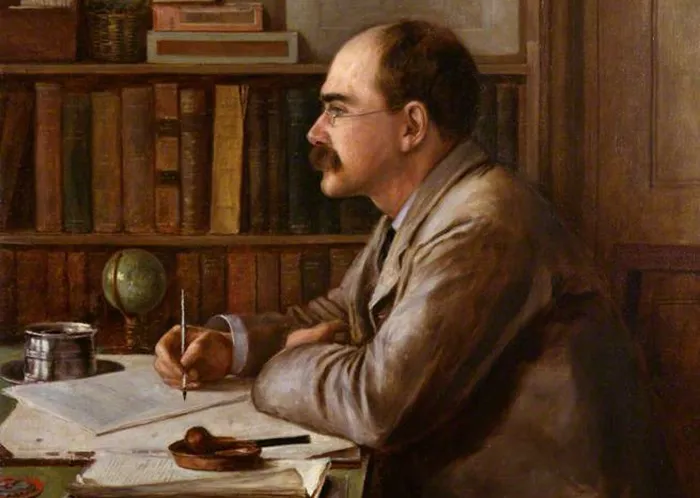When it comes to biographies of Herman Melville—the man behind Moby‑Dick—there are several well‑regarded works, each with its own strengths. In this article, we will introduce the most notable biographies and help you choose the right one based on what you want to learn, how much time you have, and what reading style you enjoy.
1. Hershel Parker’s Herman Melville: A Biography (2 volumes, 1996 & 2002)
Volume I covers 1819–1851, from birth to publication of Moby‑Dick.
Volume II covers 1851–1891, exploring Melville’s later years.
Why it’s considered the best:
Parker spent about 40 years researching. His work draws on new letters, diaries, and documents, making it the most thoroughly-researched Melville biography
Critics praise its depth and storytelling: “magisterial,” “monumental” .
It brings Melville to life in vivid detail—his family, sailings, friendships, social setting.
Who should read it:
Scholars or serious readers seeking a comprehensive picture.
Readers who don’t mind its size—nearly 2,000 pages.
Things to know:
Its depth can be tiring. Some find the detail overwhelming.
Not ideal for casual reading—it’s dense and thorough.
2. Andrew Delbanco’s Melville: His World and Work (2005)
What it offers:
A mid‑length biography focusing on Melville’s inner life and context.
Emphasizes psychological portrait and how his world shaped his writing.
Highlights:
Clear, insightful, easy to read. Jay Parini said it makes Melville feel “luminously comprehensible”
Ideal for:
Readers wanting a manageable, thoughtful introduction.
Those curious about Melville’s ideas and environment, without wading through thousands of pages.
3. John Bryant’s Herman Melville: A Half‑Known Life (2 of 3 volumes out so far)
What makes it different:
Combines biography with literary criticism.
Explores how early life events feed into Melville’s writing, including empathy and identity
Good points:
Offers fresh perspectives and new insights into creative development.
Consider if:
You enjoy deep analysis and newer scholarship.
You’re ready for a multi-volume, academic-style read.
Note: Still being released and may be hard to find.
4. Raymond Weaver’s Herman Melville: Mariner and Mystic (1921)
Why it matters:
The first full biography of Melville.
Pioneered the idea of Melville’s “withdrawal” or “Long Quietus” after Moby‑Dick
Limitations:
Some factual errors and reliance on travel narratives instead of letters.
Some scholarship considers it outdated now.
Still useful as:
A historic perspective and a look at how early Melville scholarship formed.
5. Laurie Robertson‑Lorant’s Melville (1996)
Overview:
A shorter, narrative biography praised for being more accessible than Parker’s .
Best for:
Readers who want a solid introduction without diving into extreme detail.
6. Michael Shelden’s Melville in Love (2016)
What it explores:
Focuses on personal relationships, especially romantic ones .
Good for:
Readers interested in Melville’s love life and personal passions.
Comparing the Key Biographies
| Biography | Length & Style | Focus | Best For |
|---|---|---|---|
| Parker (Vols. 1 & 2) | ~2,000 pages; exhaustive | Archival, family, social context | Scholars, deep researchers |
| Delbanco | ~400 pages; narrative | Psychology, context | General readers |
| Bryant | Multi-volume; academic | Creative growth | Scholars, literary critics |
| Weaver | ~300 pages; historic | Sailor & mystic image | Early scholarship |
| Lorant | ~700 pages; readable | Wide overview | Readers seeking mid-depth |
| Shelden | ~350 pages; relational | Romance & love | Fans of personal biography |
Want the deepest, definitive account? Start with Parker.
Want a clear and insightful summary? Go with Delbanco.
Curious about Melville’s creative process and ideas? Try Bryant.
Interested in Melville’s romances? Choose Shelden.
Like classic literary biographies? Consider reading Weaver, followed by Lorant for updated scholarship.
Why the Best Depends on You
Melville’s life was complex: early family hardship, daring sea voyages, literary triumph and failure, personal losses, and a late-life shift to poetry. The “best” biography depends on what part of his life or what aspect of his work you care about most.
If you want detail and context, go Parker.
If you want clarity and brevity, choose Delbanco.
If you want fresh criticism, pick Bryant.
If you want love stories, read Shelden.
Conclusion
There’s no one-size-fits-all answer. But here’s a simple guide:
For depth and detail: Hershel Parker’s biography is unmatched.
For a readable overview: Andrew Delbanco’s book shines.
For new angles on creativity: John Bryant’s volumes offer fresh insight.
Choose based on how deeply you want to dive into Herman Melville—and enjoy the journey through the life of one of America’s greatest writers.

